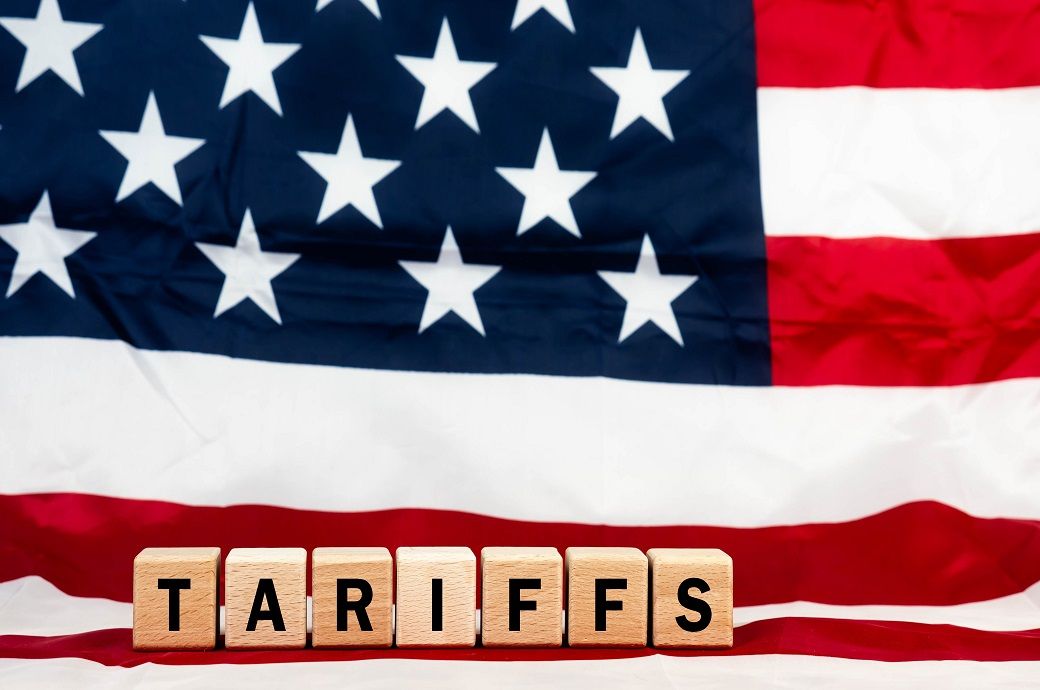
The 34 per cent reciprocal tariff is in addition to the 20 per cent tariff imposed on Chinese goods by the US this year, taking the total effective tariff to 54 per cent.
China is a major supplier of raw and intermediate chemicals—including key components like solvents, polymers, and specialty chemicals—to the US and global markets. So, the 54 per cent effective tariff will alter the global chemical supply chain to a great extent.
1. Disruption of established supply chains
The reciprocal tariffs will discourage US importers from sourcing raw and intermediate chemicals from China, leading to sourcing delays, higher procurement costs, and the need to find alternative suppliers, mainly in India, Southeast Asia, or domestic markets.
As per 2024, China accounted for 11.5 per cent of total US chemical imports. The 54 per cent tariff could reduce this share significantly. (Source: AlchemPro)
2. Increased costs across the value chain
Companies that rely on Chinese chemical inputs would now face increased material costs. This cost pressure would then be passed down the chain to: Pharmaceuticals, Automotive, Electronics and Agriculture (e.g., fertilisers, pesticides).
As per previous tariffs imposed during US-China trade war (2018-2020), the input costs rose by 8-15 per cent in select chemical sub-sectors. (Source: AlchemPro)
3. Diversification and realignment of trade routes
Companies are already opting ‘China + 1’ sourcing strategy—diversifying supply bases to Vietnam, India, and Malaysia. The latest tariff on Chinese chemicals by the US would result in a shift in chemical trade route, and Europe and ASEAN nations are likely to become alternative export targets for Chinese producers. Further, in the event of less buying by the US, there would be overcapacity in China, which could lead to price dumping in third-party markets.
It is noteworthy that Chinese polypropylene exports to Europe increased by 22 per cent in Q1 2025, post-announcement of 10 per cent tariff from February 4 and subsequent additional 10 per cent tariff effective March 4, 2025. (Source: AlchemPro)
For more such insights subscribe to AlchemPro!
ALCHEMPro News Desk (RKS)
Receive daily prices and market insights straight to your inbox. Subscribe to AlchemPro Weekly!